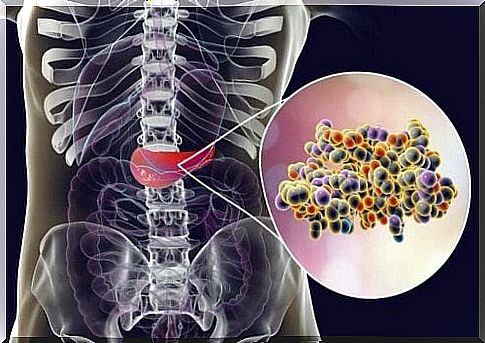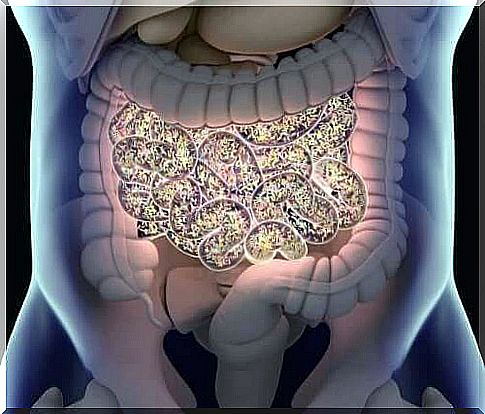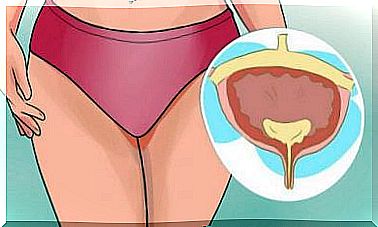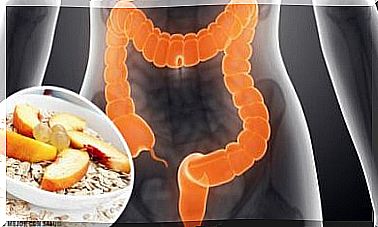Is It True That Artificial Sweeteners Can Fight Obesity?

The word “sweetener” refers to any substance that is capable of imparting a sweet taste. In this article , we will focus on calorie-free artificial sweeteners and answer the common question of how far artificial sweeteners can fight obesity.
The need for something sweet
Throughout history, humans have tended to prefer sweet foods. However, as early as the 18th century, they discovered that sugar is harmful. Around the same time, stereotypes about female beauty shifted to slimmer figures.
Both circumstances led to the development of the first calorie-free sweetener in the 19th century. Consumers were relieved. After all, it seemed like the best solution that would allow them to eat sweet foods without harming their health.
Is this true though?
Sweetener is safe to ingest for humans
Researchers have generally proven the benefits of artificial sweeteners in terms of preventing, treating and controlling excess weight. More specifically, professionals studied their effect on insulin, appetite, satiety, the reward system in relation to food, intestinal microbiota and adipocytes among others. All of these play a role in the development of obesity.

Is it appropriate that artificial sweeteners can fight obesity?
Scientific evidence does not support the use of artificial sweeteners to combat obesity.
Here are some of the reasons why it is ineffective:
The mechanism of action of sweetener against the release of insulin
Insulin is a hormone released by the pancreas. It removes excess glucose from the blood. To do this, it transports glucose to glycogen stores and body fat.
Until now, scientists believed that calorie-free sweeteners were not able to stimulate their release. While this is true, there are certain hidden nuances. Sweeteners are directly unable to stimulate the production of insulin.
However, they can do this indirectly. This indirect effect is due to their ability to accelerate emptying of the stomach and to increase absorption in the intestines. Since they are calorie-free substances, this should not be a problem.
However, it can lead to excessive amounts of glucose in the blood if added to foods that contain calories (including juices, cookies, biscuits and dairy products). It can therefore lead to a high level of insulin.

Unstable glucose levels represent a repeated stimulation of the pancreas to produce insulin. This can lead to what they call “insulin resistance”. Over time, this can lead to an increased risk of developing diabetes, excessive weight and obesity.
Artificial sweetener and energy balance determine whether artificial sweetener can fight obesity
The concept of energy balance refers to the relationship between the calories you consume and consume. A positive energy balance means that you consume more calories than you burn, and vice versa.
These sweeteners contain no calories. However, they still predispose people to a positive energy balance. This is due to:
- They increase your appetite and give less feeling of satiety.
- Their sweet taste is counterproductive. Repeated exposure to artificial sweeteners increases a person’s dependence on them. If we take into consideration that their sweetness cannot be achieved by natural foods, then it is obvious that people who consume them prefer artificial foods. These usually contain a myriad of empty calories.
- The idea that they are not obese makes people consume them more. The result can be excessive consumption.
- They reduce the thermal effect of food. This concept refers to the number of calories consumed. This happens during the digestion, absorption and excretion of undigested food. This is why the risk of a positive energy balance is greater.
- They are not able to activate the reward system associated with food. This is why the people who consume them need to eat constantly in relentless pursuit of enjoyment.
The effect of artificial sweetener on intestinal microbiota
Intestinal microbiota refers to the bacteria that live in our digestive system in a reciprocal relationship. It is fully developed in humans at the age of two years. However, it can change through life due to several factors. Diet is one of them.
Obese individuals have characteristic microbiota, which over time promotes obesity. We now know that artificial sweeteners help change healthy bacteria.

The mechanism of action of artificial sweeteners against fat cells in relation to whether artificial sweeteners can fight obesity
As the latter, the role of artificial sweeteners varies in size and number of adipocytes.
It generally depends on the characteristics of the type of artificial sweetener as well as the person consuming it. That is why scientific evidence makes it impossible to come to a conclusion.
However, keep in mind everything we mentioned here. Artificial sweetener is not good for fighting excess weight and obesity.









